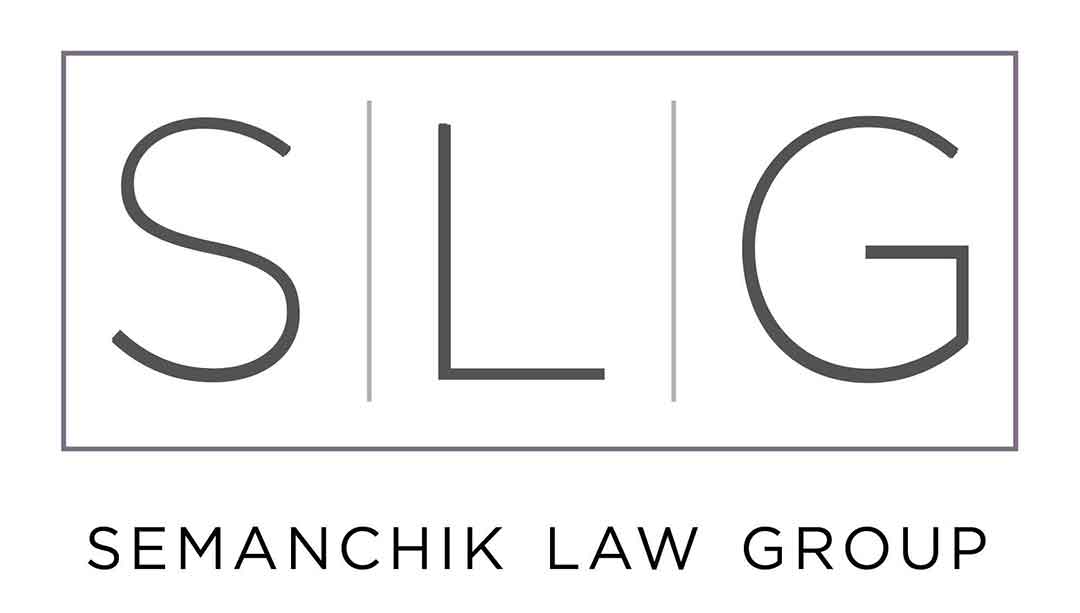A charitable remainder trust is an irrevocable trust that allows you to donate assets to a charity – while generating a new income stream and reducing your tax obligations in the process.
These trusts generally work in the following way:
- You transfer real estate, money, or other assets into an irrevocable trust.
- The trust pays you (or another beneficiary) a regular annuity of at least five percent.
- These payments continue for a specified term of up to 20 years or until one or more of the listed beneficiaries passes away.
- Once the payment term has concluded, the remaining assets are transferred to one or more charitable organizations.
There are two main types of charitable remainder trusts. They are:
- Charitable Remainder Unitrusts: This type of trust pays out a fixed percentage based on the annual value of its assets. They allow donors to continue making contributions on a regular basis.
- Charitable Remainder Annuity Trusts: This type of trust distributes a fixed annuity to its beneficiaries. They do not permit donors to make additional contributions beyond the initial transfer.
With both types of trusts, it’s important to remember that all contributions are irrevocable. Assets that go in cannot be taken back.
The Pros and Cons of Charitable Remainder Trusts
Now that you know a little bit more about charitable remainder trusts, you’re probably wondering if they are a good option for you. To help you make your decision, let’s take a quick look at a few of their main benefits:
- Support Worthy Causes: Charitable remainder trusts allow you to plan for the future in a way that gives back to your community.
- A Predictable Income: When you set up one of these trusts, you will get a guaranteed payout every month, quarter, or year – depending on your preference.
- Potential Tax Deductions: When you fund your trust, you may be able to take a partial income tax deduction.
Of course, it’s also important to consider the disadvantages of these trusts, such as:
- It’s Irrevocable: Once you transfer an asset into a charitable remainder trust, you can’t take it back out. This could cause significant problems if you run into financial difficulties in the future.
- Limited Control: After the funds have been transferred to the trust, you will have limited control over them. You’ll also find it difficult to alter the original terms of the trust.
If you would like to learn more about charitable remainder trusts, you may want to consult with a skilled estate planning lawyer in your area.
A Knowledgeable Estate Planning Lawyer in San Diego
Should you have any questions about charitable remainder trusts, please don’t hesitate to reach out to the team here at the Semanchik Law Group. We’ve been helping Californians plan for the future for years, and we’d love to do the same for you.
To arrange a free consultation with a member of our skilled legal team, all you need to do is give us a call at (619) 535-1811 or message us online. We look forward to hearing from you.


